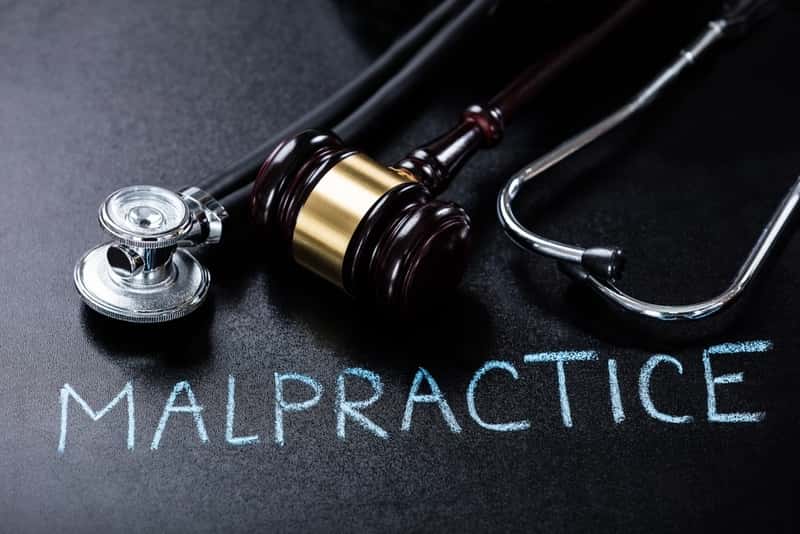As indicated by the American Bar Association, “Restorative misbehavior is carelessness dedicated by an expert medicinal services supplier a specialist, nurture, dental specialist, professional, clinic or emergency clinic laborer whose exhibition of obligations leaves from a standard of routine with regards to those with comparable preparing and experience, bringing about mischief to a patient or patients.”
Carelessness isn’t remissness to such an extent as it is something contrary to tirelessness. Substantial models of skill, meticulousness and proceeding with instruction lay on every single therapeutic specialist; not satisfying these obligations brings about mischief to patients.
I don’t get this’ meaning for you? In the event that your damage originated from the awful activities of a social insurance specialist (deliberate or not), you have individual damage that empowers you to recoup cash harms from the individual or individuals in charge of the misstep.
Numerous sorts of harm fall under the heading of therapeutic misbehavior. A portion of this may sound somewhat ghastly, however everything occurs now and again, and still, at the end of the day, this is an inadequate rundown of conceivable outcomes:
* Wrongful Death – passing brought about by improper activity or inaction during treatment or medical procedure. In criminal law, this would be murder or homicide, deserving of detainment. The discipline for illegitimate passing is budgetary: the miscreant must pay cash harms to the relatives of the expired.
* Improper Fitting or Use of Medical Devices (throws, supports, props, retainers, even fake appendages; they can prompt torment or even physical distortions)
* Handwriting Mistakes (on patient graphs and solutions; these lead to inaccurate portions, wrong prescriptions, pointless or erroneous tests, or careful slip-ups)
* Brain Injuries (impermanent or changeless, slight or genuine, from medical procedure or from a mishap, for example, a patient being dropped off of a gurney)
* Burns (from inappropriately utilized synthetic substances in a skin strip to a spill of a compound or medication onto a patient’s body)
* Spinal Cord Injuries (coming about because of inappropriate consideration at a medical clinic, in medical procedure, or at a nursing home)
* Birth Trauma Injuries (to mother or kid – clumsy medical procedure, ill-advised utilization of forceps)
* Delivery Room Errors (with medicine to mother or youngster, dropping the kid, ill-advised or moderate treatment of a mother’s post-conveyance issues)
There are more subtle reasons for therapeutic negligence, as well. Few out of every odd case depends on a specialist abusing a surgical blade. Now and again, the off-base conduct seeks other individuals and spots, in what are called inactive mistakes. These can happen in a scope of typical medicinal staff obligations, from attendants stocking medications and supplies to specialists creating obsolete treatment plans since they haven’t stayed aware of current therapeutic practice.
New procedures are produced for a reason: they are more effective than more seasoned ones, regardless of how well a specialist may like his or her agreeable old ways. Any individual who uses old strategies that have been supplanted by better ones is careless and submitting medicinal misbehavior.
Activities of years past can influence a present patient – treatment designs that were considered and performed erroneously years before could incline a patient to hurt at this point. Enabling lapsed meds to stay accessible for remedy and dosing is likewise a careless past activity that can hurt a patient at this point.
Another more subtle reason is dread. New medicinal representatives are bound to misconstrue their obligations than their increasingly experienced colleagues. They’re likewise bound to be reluctant to report the trouble making of a ranking staff part, even a specialist. Not announcing a slip-up is therapeutic misbehavior.
ALL therapeutic work force owe you a Duty of Care – to act toward you as per a standard far over those of your neighbor or relative. They ought to be ceaselessly taught, intentional and careful in their work, and they ought to tune in and focus on you, the patient.

